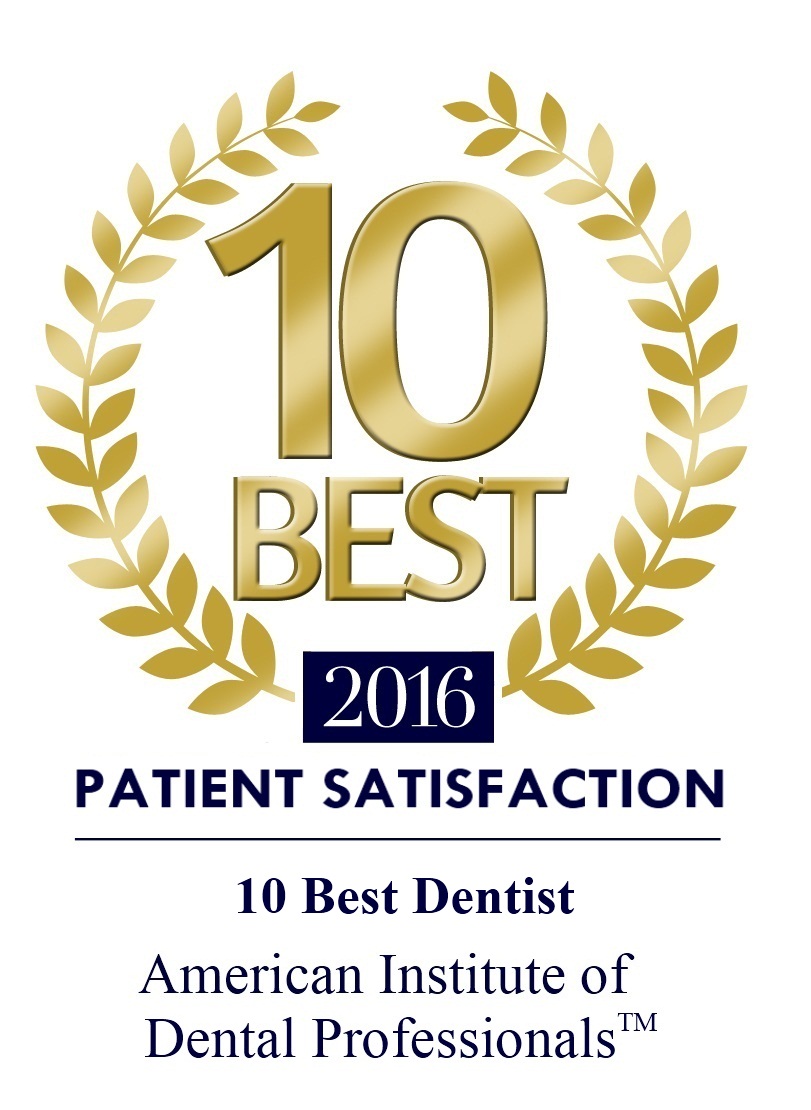Am I Using the Right Dental Products?
 These days, with the advancement of information technology, there are so many different philosophies out there for maintaining good health you can read about at the click of a mouse. Dental care is no exception to this rule. People often wonder if the dental products they are currently using to maintain good oral health are sufficient, if there are better ones available, or if they are even using the right product at all. With so many different options available, and so many different needs from one person to the next in the field of oral hygiene, choosing a specific oral care product can be a daunting task. This article will shed some light on the subject with a few tips to help you on your way to a brighter, healthier smile!
These days, with the advancement of information technology, there are so many different philosophies out there for maintaining good health you can read about at the click of a mouse. Dental care is no exception to this rule. People often wonder if the dental products they are currently using to maintain good oral health are sufficient, if there are better ones available, or if they are even using the right product at all. With so many different options available, and so many different needs from one person to the next in the field of oral hygiene, choosing a specific oral care product can be a daunting task. This article will shed some light on the subject with a few tips to help you on your way to a brighter, healthier smile!
What toothbrush should I use?
When it comes to choosing the right toothbrush, most dentists recommend a soft bristle toothbrush; citing that soft bristles are best for removing plaque from the hard-to-reach crevices in your teeth. Medium and hard bristles can damage your gums, root surface, and enamel, and should be avoided. As far as the type of toothbrush handle is concerned, choose whatever allows you to reach all corners of your mouth with ease and comfort. Lastly, the Mayo Clinic published an article stating that electric toothbrushes may possibly remove more plaque from your teeth and improve your gum health. Whichever method of brushing you choose, nevertheless, the most important plaque removal tool you can have at your disposal is floss. You should floss daily regardless of the type of toothbrush you choose.
What toothpaste should I use?
What type of toothpaste you should use comes down to how sensitive your teeth are, and if you have unfavorable eating habits, and how many. For instance, if you are a smoker, coffee drinker, or like to eat or drink a lot of sugary or acidic foods and are prone to cavities as a result, you should choose a toothpaste that is high in fluoride. Your toothpaste should have at least 1000 parts per million (PPM). If you have a hard time whitening your teeth, and they have a yellow tint that you can’t seem to get rid of, you should choose a brand of toothpaste that is high in silicates. Silicates are the reason toothpaste is scratchy and abrasive. They polish teeth to help restore them to their whitest state. If you suspect you have a plaque buildup problem, you should choose a toothpaste that is formulated to fight tartar. Lastly, if you have sensitive teeth you should select a toothpaste that is sensitive on teeth and gums, and also let your dentist know of the sensitivity issue.
What mouthwash should I use?
It is recommended that no child begins using mouthwash before the age of six, and that children’s mouthwash is all they are allowed to have as they are specifically made for kids and usually contain no alcohol. For adults, there are a few other things to consider. As we mentioned earlier, fluoride will help fight cavities. If you are having issues with cavities it is best to choose a mouthwash that is fluoridated. If you are looking to fight plaque, gum disease, or halitosis, choose a mouthwash that is antibacterial. Antibacterial mouthwashes will have a higher alcohol content than other mouthwashes, and, in some more extreme cases, are available in prescription strength for advanced or diseases.
Schedule an appointment with our office in Forest Hills, NY to learn more about the right dental products or call us on (718) 878-4878.


